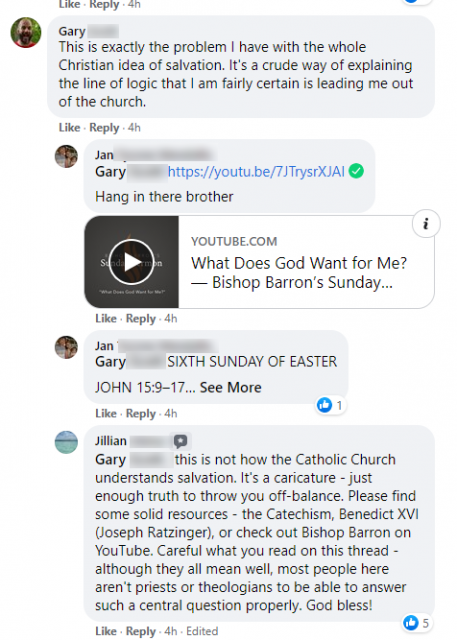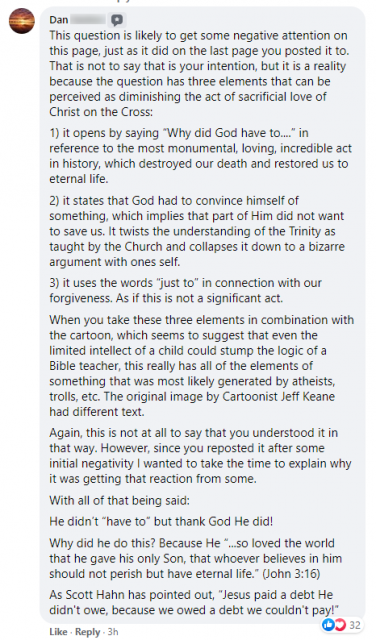 We see what we want to see. Social media offers the best example of that in the contemporary world, but sometimes, it’s not just evident in a macro-view but in individual postings.
We see what we want to see. Social media offers the best example of that in the contemporary world, but sometimes, it’s not just evident in a macro-view but in individual postings.
One of the religion groups I follow posted a story about a meteor “demolishing an ancient Middle Eastern city” and speculated that it could have inspired the story of Sodom and Gemorrah. The individual sharing the article added the comment, “Always interesting when science catches up to The Bible.”
“Science catches up to the Bible?!” I laughed. The Bible that includes a talking snake, an apple curse, a talking donkey, and a man surviving in a whale’s stomach for days? The Bible that includes the story of a flood that inundated the whole world despite the fact that there’s nowhere near enough water in existence on the Earth to do that? The Bible that says the heavens are a bowl-shaped divider that keeps the water of the upper firmament out (that is where all the water comes from, I guess)? The Bible that has epileptics misdiagnosed as victims of demonic possession? The Bible that says a sky wizard created the world in six days, including creating light before there was no light source? The Bible that purports many men lived literally centuries, with several living close to a millennium? In short, the Bible that is so scientifically backward that apologists have to contort themselves into knots or declare troubling passages as merely metaphorical is in any sense ahead of modern science?
I, of course, couldn’t leave well enough alone, responding “Science caught [sic] to the Bible and left it behind long ago.” Given the context of what I just wrote, it’s clear what I meant: the Bible is backward and dated, especially when compared to modern science.
That’s not what they read, though. One young man replied,
tell it to scientist [sic] 50 years ago, they also thought they know everything, in terms that we’re developed at their time… eyes opened yet? 🙂
Cell phones? Radio waves? What, we know only as much as we know, and every decade some people think we know it all, ‘its called science!’ 😄😄 God Bless
It is, naturally, to be expected that someone posting on a pro-Christian board would have pro-Christian views, and my comment was somewhat vague — intentionally so. Still, I didn’t expect everyone to see it that way. It’s a perfect example of confirmation bias.
























